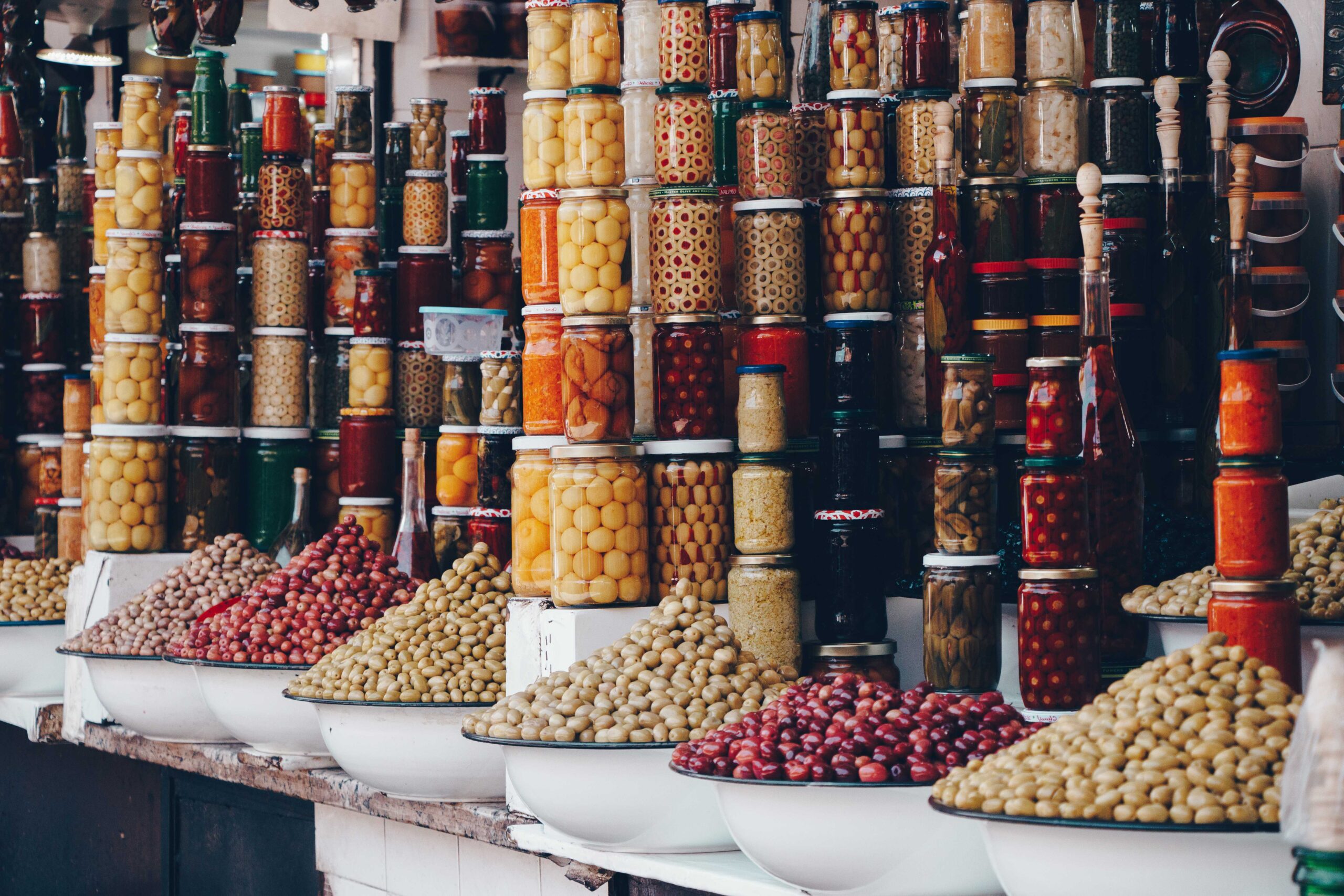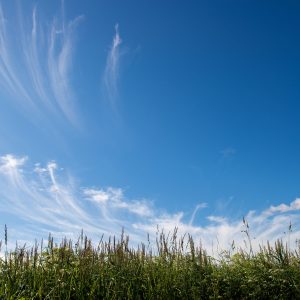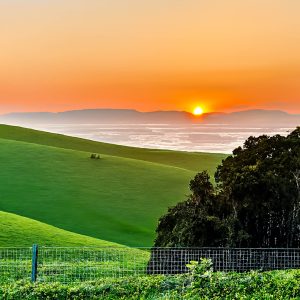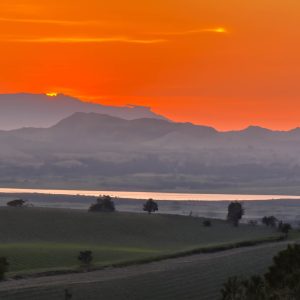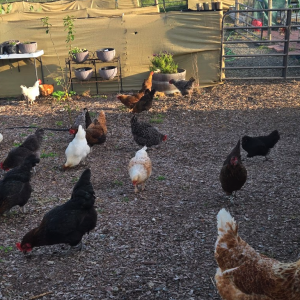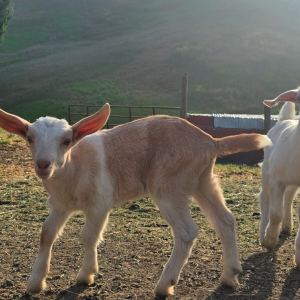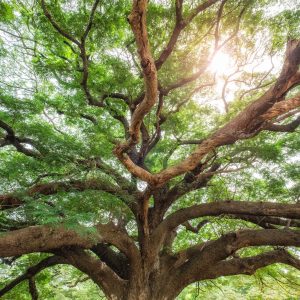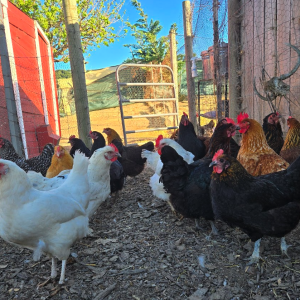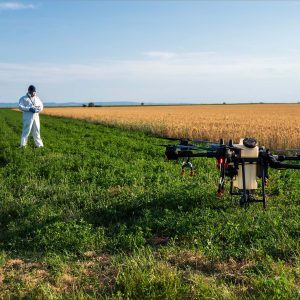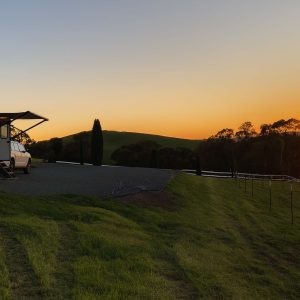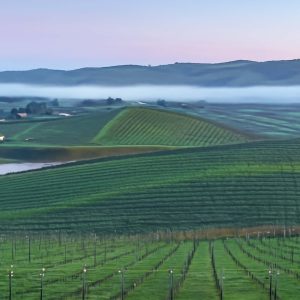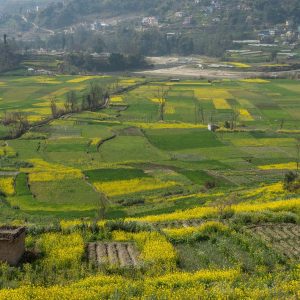Traveling to Morocco with a focus on olive oil is a fantastic idea! Morocco is one of the world’s top producers of olive oil, and its rich culinary traditions and agricultural heritage make it a perfect destination for olive oil enthusiasts. Here’s a guide to help you plan your trip:
1. Regions to Visit for Olive Oil Experiences
Morocco’s olive oil production is concentrated in several key regions. Visiting these areas will give you insight into the cultivation, production, and cultural significance of olive oil.
- Meknes: Known as the heart of Morocco’s olive oil production, Meknes is surrounded by vast olive groves. The region produces some of the country’s finest olive oil.
- Fes: Famous for its historic medina and culinary traditions, Fes is also close to olive-growing areas. Many local dishes feature olive oil as a key ingredient.
- Marrakech: While not a major olive-growing region, Marrakech is a hub for foodies and offers opportunities to taste and purchase high-quality olive oil.
- Beni Mellal: Located in the Middle Atlas region, this area is known for its olive groves and traditional olive oil production methods.
- Souss-Massa: In the south, this region is gaining recognition for its olive oil production, particularly around Taroudant.
2. Olive Oil Tours and Experiences
- Visit Olive Groves: Many farms in Meknes and Fes offer tours of their olive groves. You can learn about the cultivation process, from planting to harvesting.
- Olive Oil Mills: Tour traditional and modern olive oil mills to see how olives are pressed and oil is extracted. Some mills offer tastings.
- Cooking Classes: Take a Moroccan cooking class to learn how olive oil is used in traditional dishes like tagines, salads, and bread.
- Olive Festivals: If your trip coincides with the harvest season (November–January), check out local olive festivals, such as the International Olive Festival in Meknes.
3. Culinary Experiences
Moroccan cuisine relies heavily on olive oil, and you’ll find it in almost every dish. Here’s how to enjoy it:
- Taste Local Dishes: Try dishes like zaalouk (eggplant salad), harira (soup), and tagines cooked with olive oil.
- Bread and Olive Oil: Dip fresh Moroccan bread into high-quality olive oil, often served with honey or spices.
- Olive Oil Tastings: Visit markets or specialty shops to sample different varieties of olive oil, from fruity to peppery.
4. Shopping for Olive Oil
- Souks and Markets: Look for olive oil in local souks (markets) in cities like Fes, Marrakech, and Meknes. Be sure to ask about the origin and quality.
- Specialty Shops: Some shops specialize in artisanal olive oil and related products, such as olive-based cosmetics and soaps.
- Olive Oil Cooperatives: Visit women’s cooperatives in rural areas, where you can buy olive oil directly from producers.
5. Cultural and Historical Insights
- Olive Oil in Moroccan Culture: Olive oil has been a staple in Moroccan culture for centuries, used in cooking, cosmetics, and traditional medicine.
- Historical Sites: Visit ancient olive presses and archaeological sites that highlight the historical importance of olive oil in the region.
6. Practical Tips
- Best Time to Visit: Plan your trip during the olive harvest season (November–January) to see the production process in action.
- Transportation: Rent a car or hire a driver to explore rural olive-growing regions.
- Language: Learn a few basic phrases in Arabic or French to communicate with locals.
- Packaging: If you plan to bring olive oil home, check airline regulations for transporting liquids.
7. Recommended Itinerary
Here’s a sample 7-day itinerary focused on olive oil:
- Day 1–2: Arrive in Casablanca, then travel to Meknes for olive grove tours and mill visits.
- Day 3–4: Explore Fes, including its medina, cooking classes, and nearby olive farms.
- Day 5–6: Head to Marrakech for culinary experiences and shopping in the souks.
- Day 7: Return to Casablanca for departure.
By focusing on olive oil, you’ll not only enjoy Morocco’s rich flavors but also gain a deeper appreciation for its agricultural traditions and cultural heritage. Safe travels!

